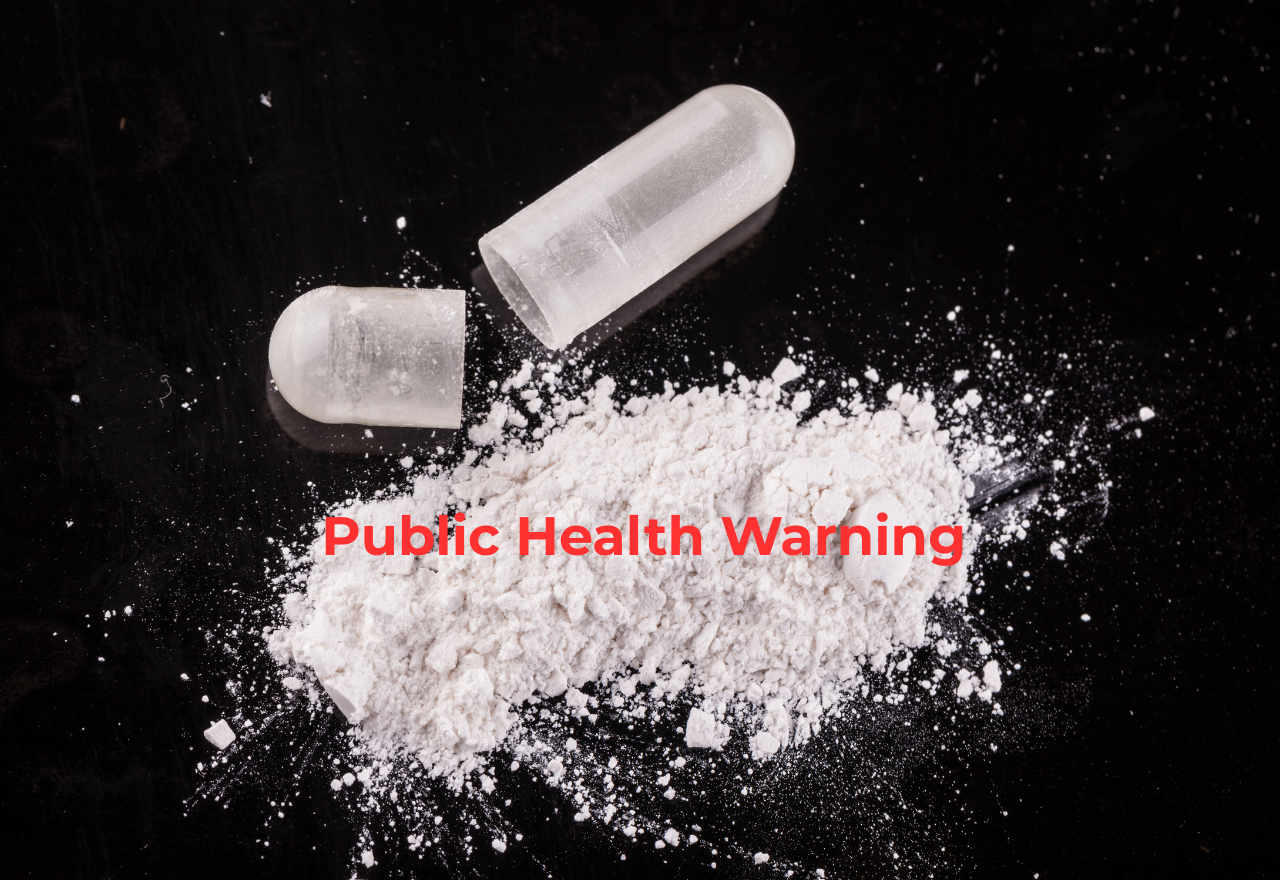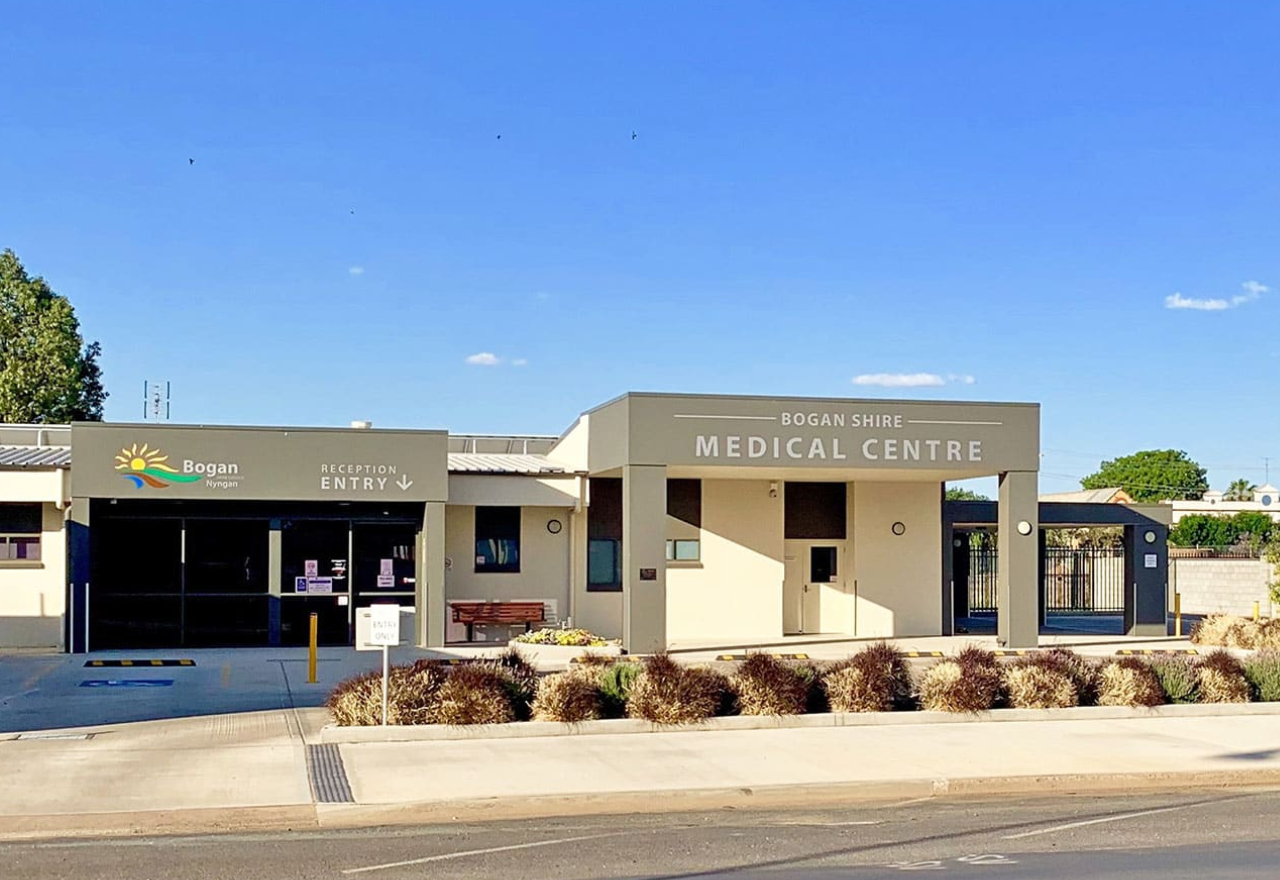Boost to suicide prevention funding for the Western Plains
Kristin Murdock
14 September 2025, 3:40 AM
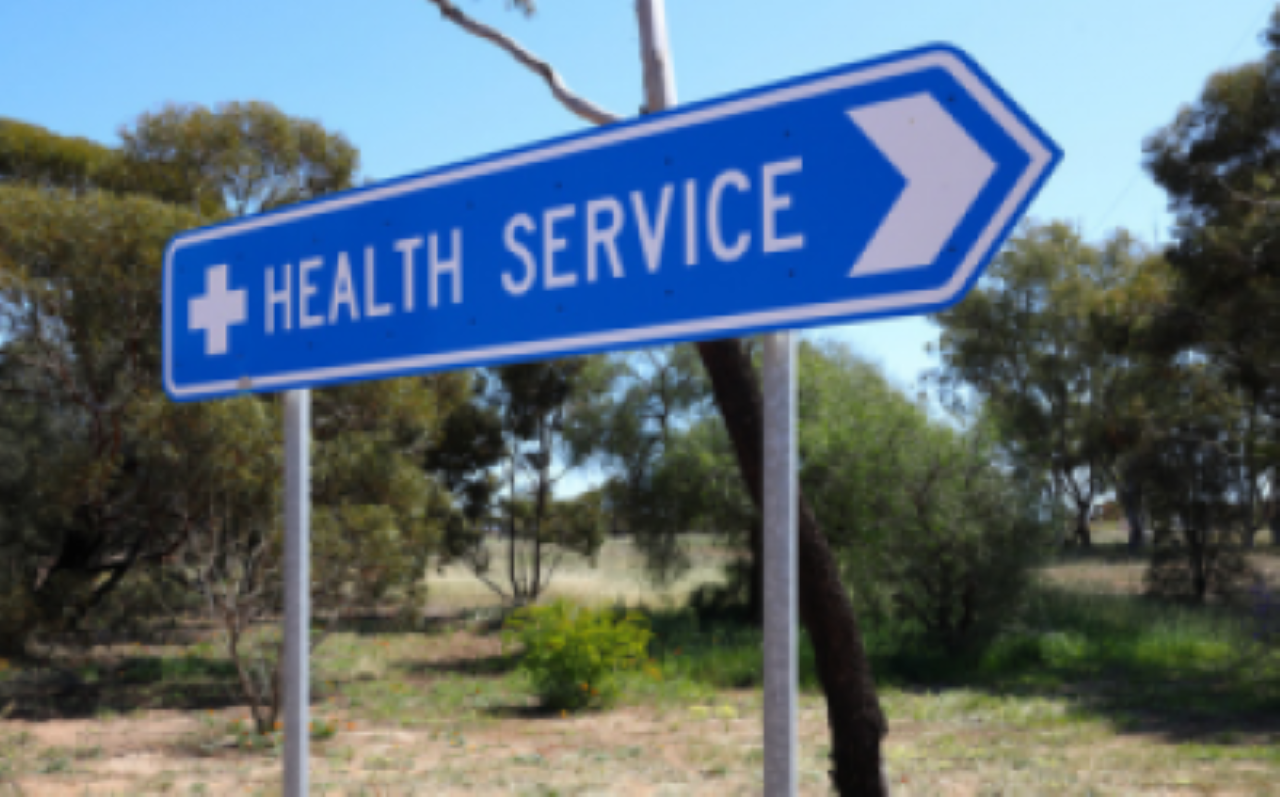 Western NSW Primary Health Network and the Western NSW Local Health District provide valuable care for Western Plains families of all ages.
Western NSW Primary Health Network and the Western NSW Local Health District provide valuable care for Western Plains families of all ages.A $1.86 million funding boost will expand suicide prevention services across Western NSW, targeting communities facing some of the highest suicide rates in the country.
The announcement from the Western NSW Primary Health Network (WNSW PHN) and the Western NSW Local Health District (WNSWLHD) comes as new data reveals suicide and self-harm are significantly more prevalent in remote and regional areas than in major cities.
The funding will expand the Universal Aftercare – Way Back Service to towns including Dubbo, Bathurst, Walgett, Cowra, Condobolin, and Coonabarabran, with services expected to launch in 2026.
The initiative focuses on supporting individuals in the aftermath of a suicide attempt or crisis, when risk is highest and support is most urgently needed.
“This funding demonstrates our commitment to ensuring individuals who experience suicidal distress receive compassionate, coordinated, and timely support, wherever they live,” WNSW PHN CEO Brad Porter said.
“By focusing on local engagement, culturally safe practice, and clinical accountability, the Universal Aftercare – Way Back Service will deliver life-saving impacts throughout Western NSW.”
Suicide rates in Australia increase dramatically with geographic remoteness.
According to the Australian Institute of Health and Welfare (AIHW), the suicide rate in very remote areas in 2023 was 21.0 deaths per 100,000, more than double the rate of 10.0 per 100,000 in major cities.
Hospitalisations for intentional self-harm follow the same pattern, with very remote areas recording 144 hospitalisations per 100,000, compared to 84 per 100,000 in urban centres.
Young people in remote communities, particularly those aged 15 to 24, are most affected.
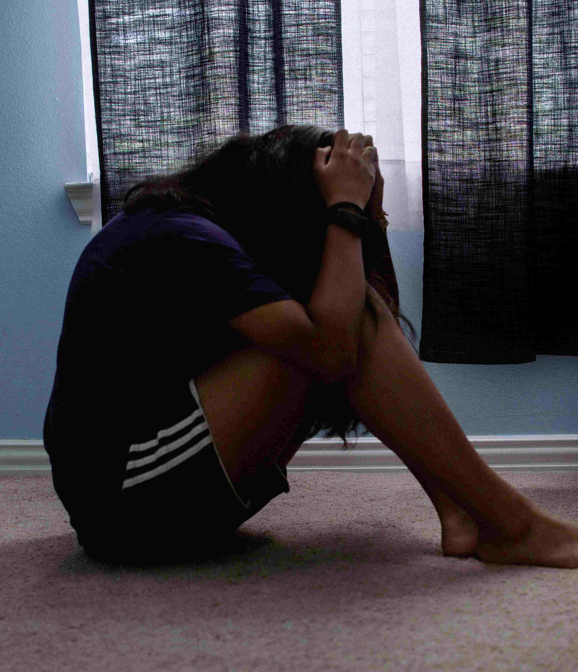
While remote regions are disproportionately represented in suicide and self-harm rates, a new initiative focuses on supporting individuals in the aftermath of a suicide attempt or crisis.
In NSW specifically, suicide rates also vary sharply between regions.
While the statewide age-adjusted suicide rate was 11 per 100,000 in 2022, regional and remote areas consistently report rates well above this average.
The Far West region of NSW, for example, has recorded suicide rates twice that of Sydney, alongside a life expectancy gap of nearly six years.
NSW Minister for Mental Health Rose Jackson said the expansion of the Way Back Service is a critical response to this widening mental health gap.
“Recovering from a suicidal crisis is incredibly tough, and no one should have to do it alone," she said.
"The right support can truly make a difference.
“Feeling seen, heard, and genuinely supported is what helps people take those first steps toward healing and hope.
"That’s why we’re expanding the Universal Aftercare – Way Back Service with Mission Australia.”
Mission Australia is the lead delivery partner for the service and will help fill critical access gaps in mental health care across the region.
Ann Winterton, Mission Australia’s State Leader for NSW Region West, said the service delivers non-clinical, practical support to individuals following a suicide attempt or crisis.
"It focuses on reconnecting people with their communities, helping them rediscover purpose, reduce distress, and build resilience,” Ms Winterton said.
A unique feature of the new investment is the inclusion of an Older Peoples Aftercare Expanded Referral Pathway Pilot.
This pilot program will develop a suicide aftercare pathway specifically for older people in rural and remote areas.
Helen McFarlane, Director of Mental Health Drug and Alcohol Services at WNSWLHD, explained that the goal is to ensure timely and appropriate access to specialist mental health support for older people, a population often overlooked in suicide prevention efforts.
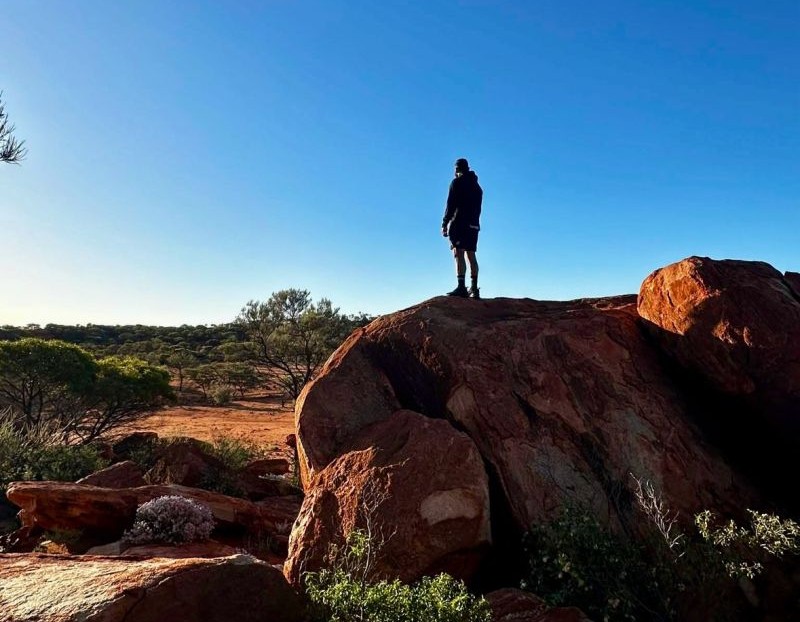
Key components of the expanded service include mandatory follow-up within 48 hours of referral, trauma-informed care practices, and the deployment of First Nations engagement officers to ensure cultural safety.
“We’re making sure people in Western NSW, especially in communities that need it most, have access to real, compassionate care,” Minister Jackson said.
Roy Butler, MP for Barwon, welcomed the funding and emphasised its urgency.
“When suicide rocks a community, the pain and loss experienced by family, friends and the broader community is devastating,” he said.
“The more times we can successfully intervene with someone who is expressing suicidal ideation or worse, has attempted to harm themselves, the healthier our communities are.”
With suicide rates significantly higher in the regions than in metropolitan NSW, the $1.86 million investment in aftercare services is not just a policy response, but a lifeline.
